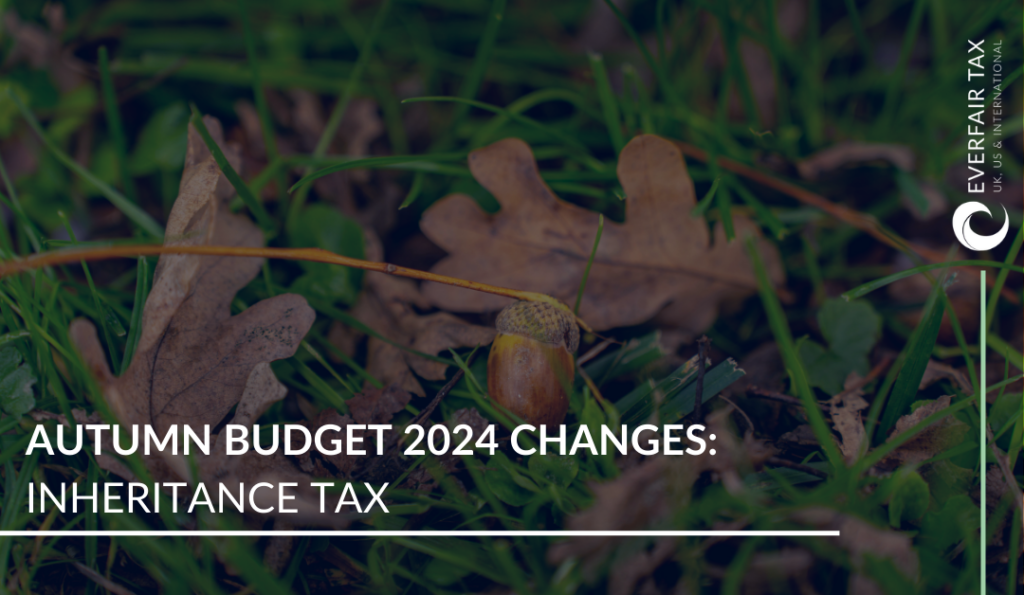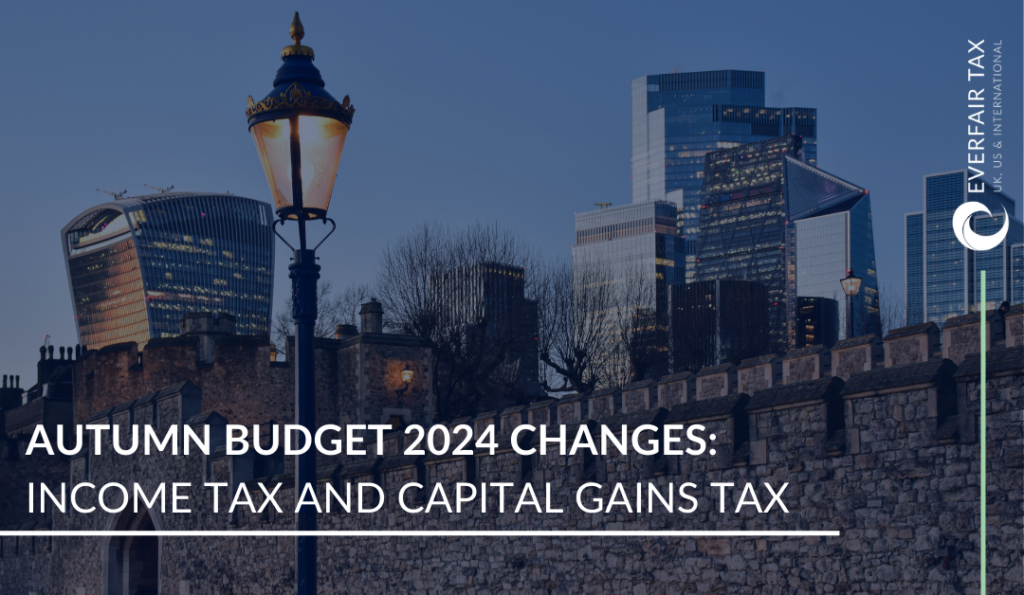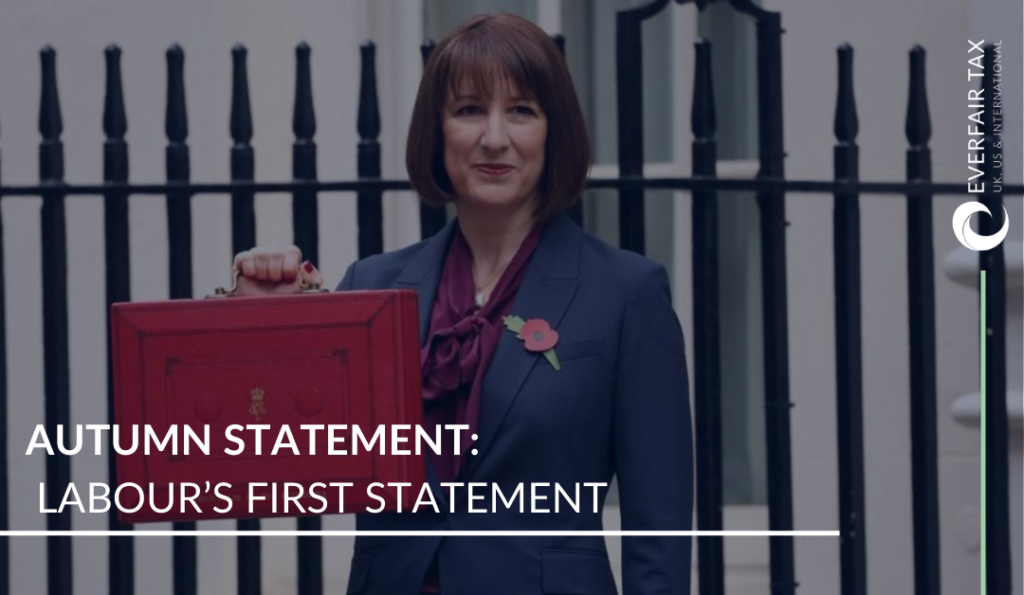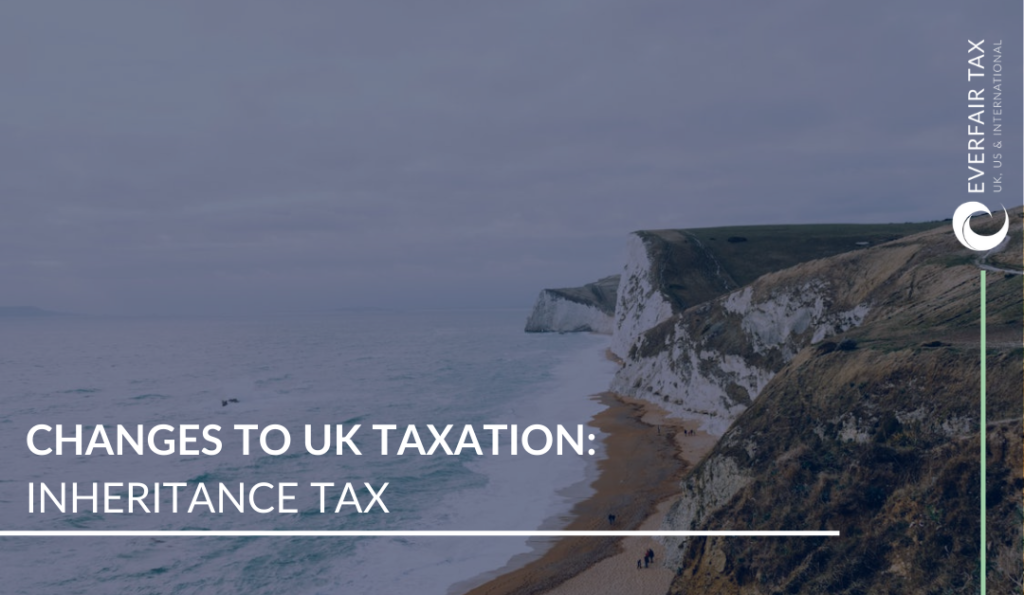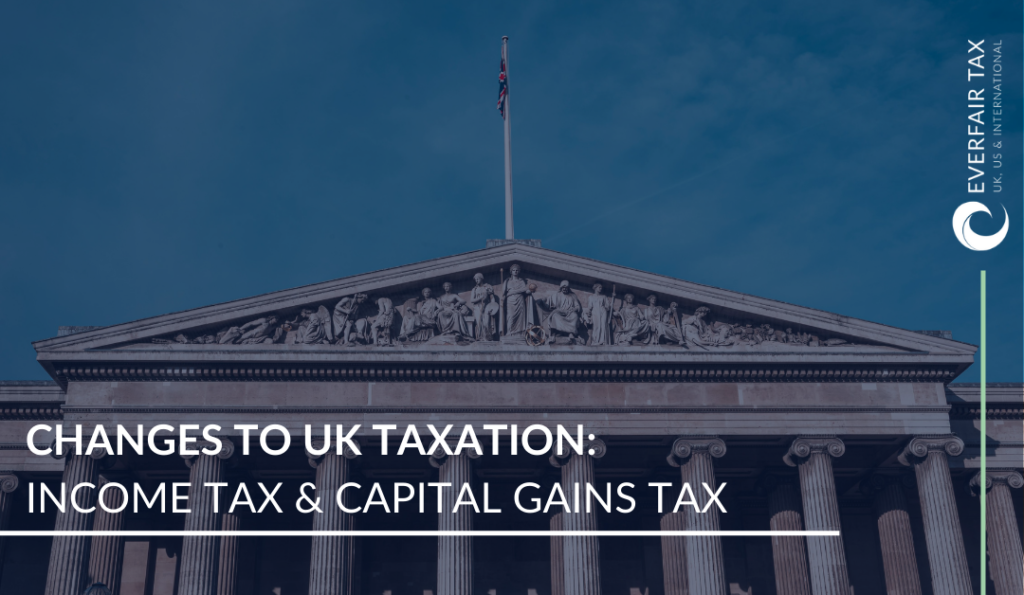Navigating the intricacies of international taxation can be challenging, particularly for individuals earning income in both the United Kingdom and the United States. Without proper planning and understanding, one can easily fall victim to double taxation, where the same income is taxed by both countries. Here’s out guide on how to avoid this pitfall.

1. Understanding Tax Residency
- UK Tax Residency: In the UK, tax residency is determined by the Statutory Residence Test (SRT). Key factors include the number of days spent in the UK, ties to the country, and employment status.
- US Tax Residency: The US taxes its citizens and permanent residents (Green Card holders) on worldwide income regardless of where they live. Non-residents are taxed only on US-source income.
2. Utilising the US-UK Tax Treaty
- The US-UK Tax Treaty is a pivotal document that helps prevent double taxation. It outlines which country has the taxing right over specific types of income.
- Article 4 (Residence): This article provides tie-breaker rules for determining the residency of an individual if both countries consider the person a resident.
- Article 24 (Relief from Double Taxation): This ensures that if income is taxed in both countries, one will provide a credit or exemption to mitigate the burden.
3. Foreign Tax Credits
- US Taxpayers: Americans can claim the Foreign Tax Credit (FTC) on their US tax returns. This credit reduces US taxes owed by the amount of tax paid to the UK on the same income.
- UK Taxpayers: The UK allows for a credit or deduction for foreign taxes paid. This helps reduce the overall tax liability in the UK.
4. Income Exclusion and Deductions
- Foreign Earned Income Exclusion (FEIE): US citizens living and working abroad might qualify to exclude a portion of their foreign earned income from US taxation (up to a certain threshold, adjusted annually).
- Foreign Housing Exclusion/Deduction: In addition to the FEIE, US taxpayers can exclude or deduct certain housing expenses incurred while living abroad.
5. Strategic Income Allocation
- Source of Income: Properly determining the source of income can influence which country taxes it. For instance, rental income from a UK property is generally considered UK-source and primarily taxed there.
- Income Timing: Timing the recognition of income and deductions can also be beneficial. For example, ensuring that income falls within a tax year where lower rates apply or when you can maximise foreign tax credits.
6. Professional Tax Planning and Compliance
- Engaging a tax advisor knowledgeable in both UK and US tax laws is crucial. They can provide tailored advice, ensure compliance with filing requirements, and optimise tax positions.
- Timely Filings: Adhering to tax filing deadlines in both countries is essential to avoid penalties and interest.
7. Retirement Contributions
- Contributions to retirement plans can have different tax treatments in each country. The US-UK Tax Treaty provides specific provisions to avoid double taxation on pensions and retirement accounts.
Conclusion
Avoiding double taxation between the UK and US requires a thorough understanding of both tax systems and strategic planning. Utilising tax treaties, credits, exclusions, and professional guidance can help mitigate the risk and ensure compliance. By carefully navigating these complexities, individuals can optimise their tax liabilities and avoid the financial burden of being taxed twice on the same income. If you need any help navigating this, please get in touch.

